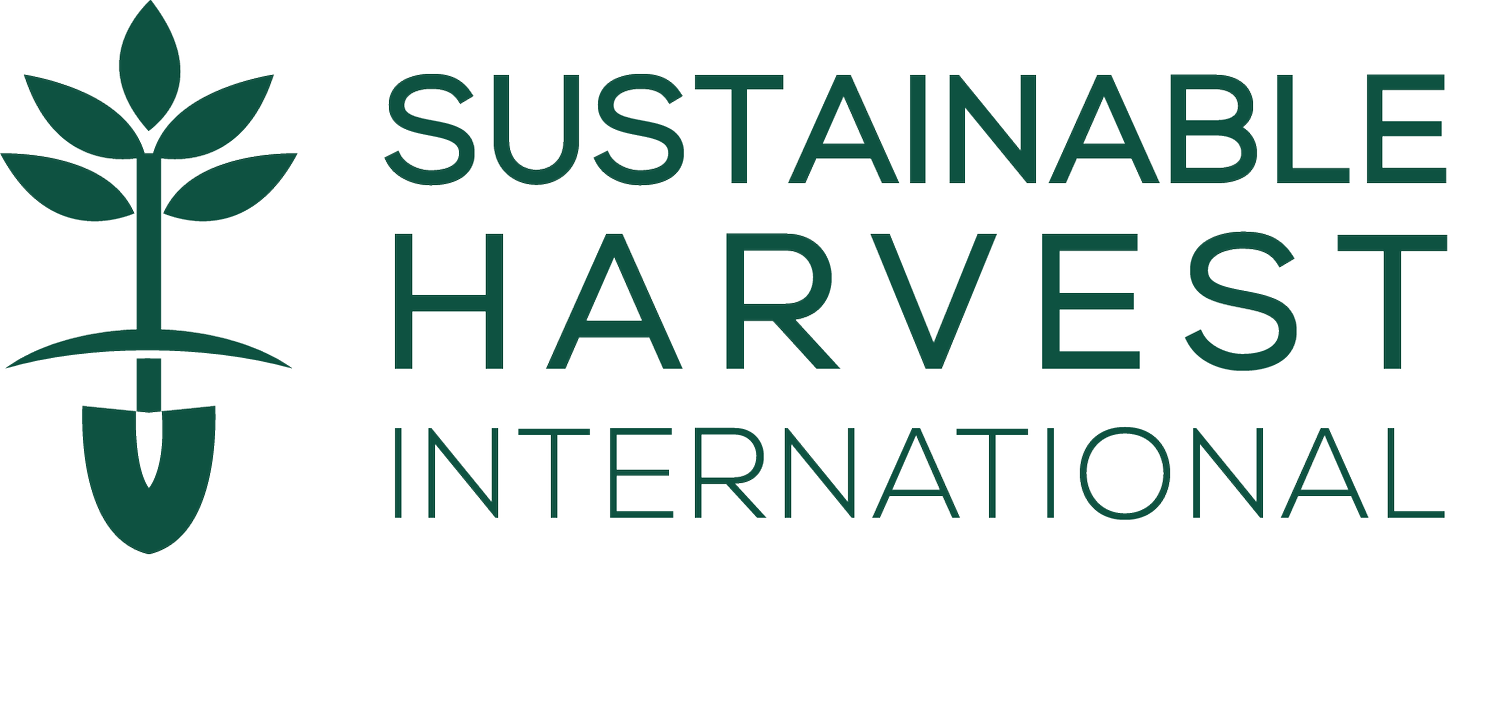FElipe marin
partnering farmer
Felipe Marin has embraced reforesting his land with mahogany and cedar. Mahogany is Belize’s national tree.
Felipe Marin is from a small farming community named San Luis, a stone’s throw from Belize’s northern border with Mexico. The community is also a twenty-minute drive from Belize’s only operating sugar mill in Orange Walk, a city aptly nicknamed “Sugar City,” after the region’s primary industry.
When Felipe retired from being a teacher, it was no surprise that he began farming cane like many of his family members.
But he quickly grew disillusioned. One year, on a whim, he decided to plant mahogany trees where he used to grow cane. Perhaps, he notes, he missed the massive mahogany tree that grew outside his school. It was always shedding its seeds, so Felipe found a new place for them to grow.
“Something sparked and I decided to plow an acre of land and plant mahogany,” Felipe recalls. On that acre of land, he planted 150 trees. To Felipe’s great pride and joy, in just 15 years, the land has been totally transformed.
When SHI came to San Luis, Felipe was excited by the field trainers’ focus on reforestation. He still had a lot of land and was excited to expand his reforestation activities. He also was interested to learn more about organic bioproducts. Since working with SHI, he’s planted another 100 mahogany and cedar trees on his land, adopted regenerative practices, and diversified his crops.
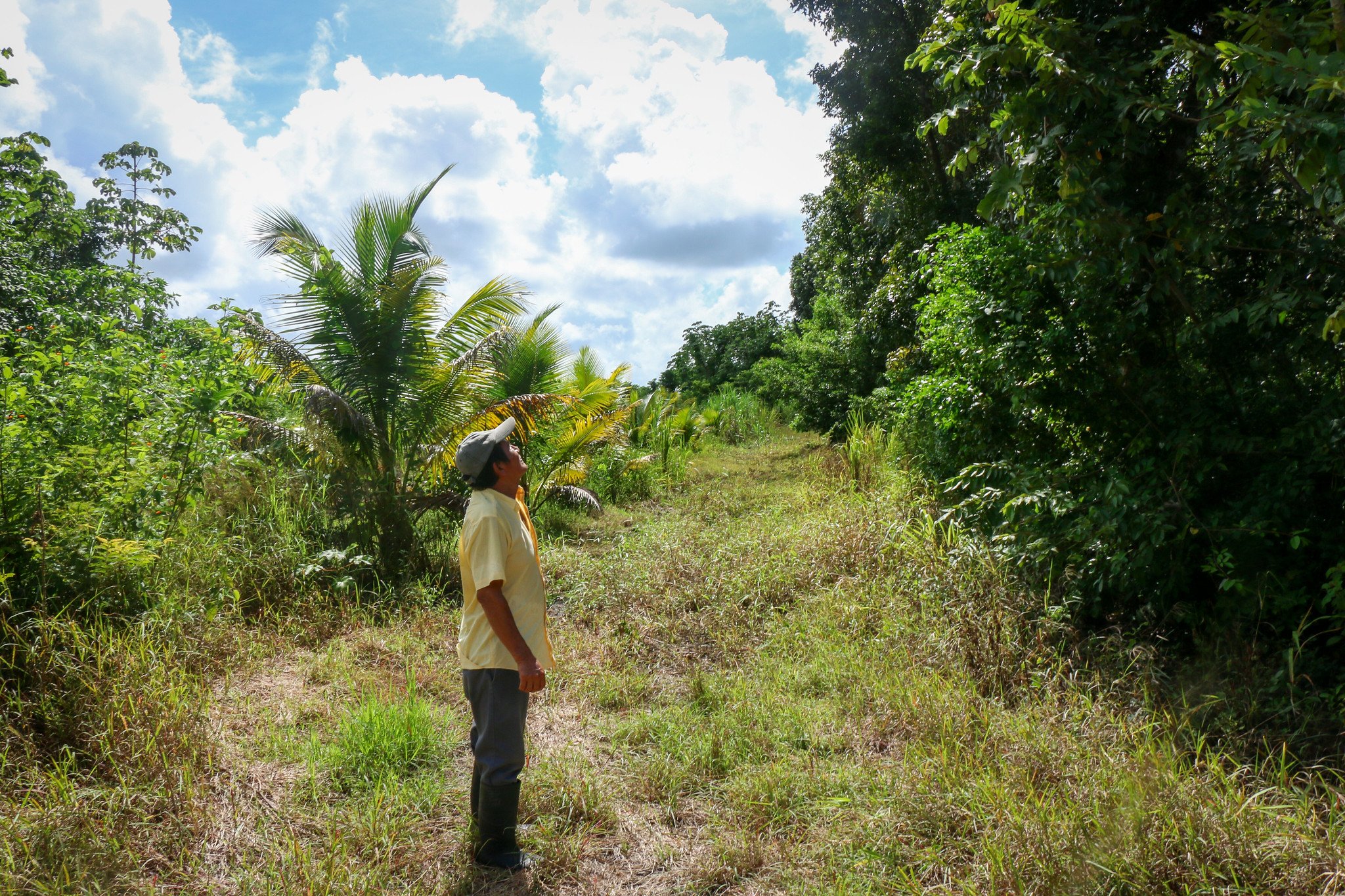
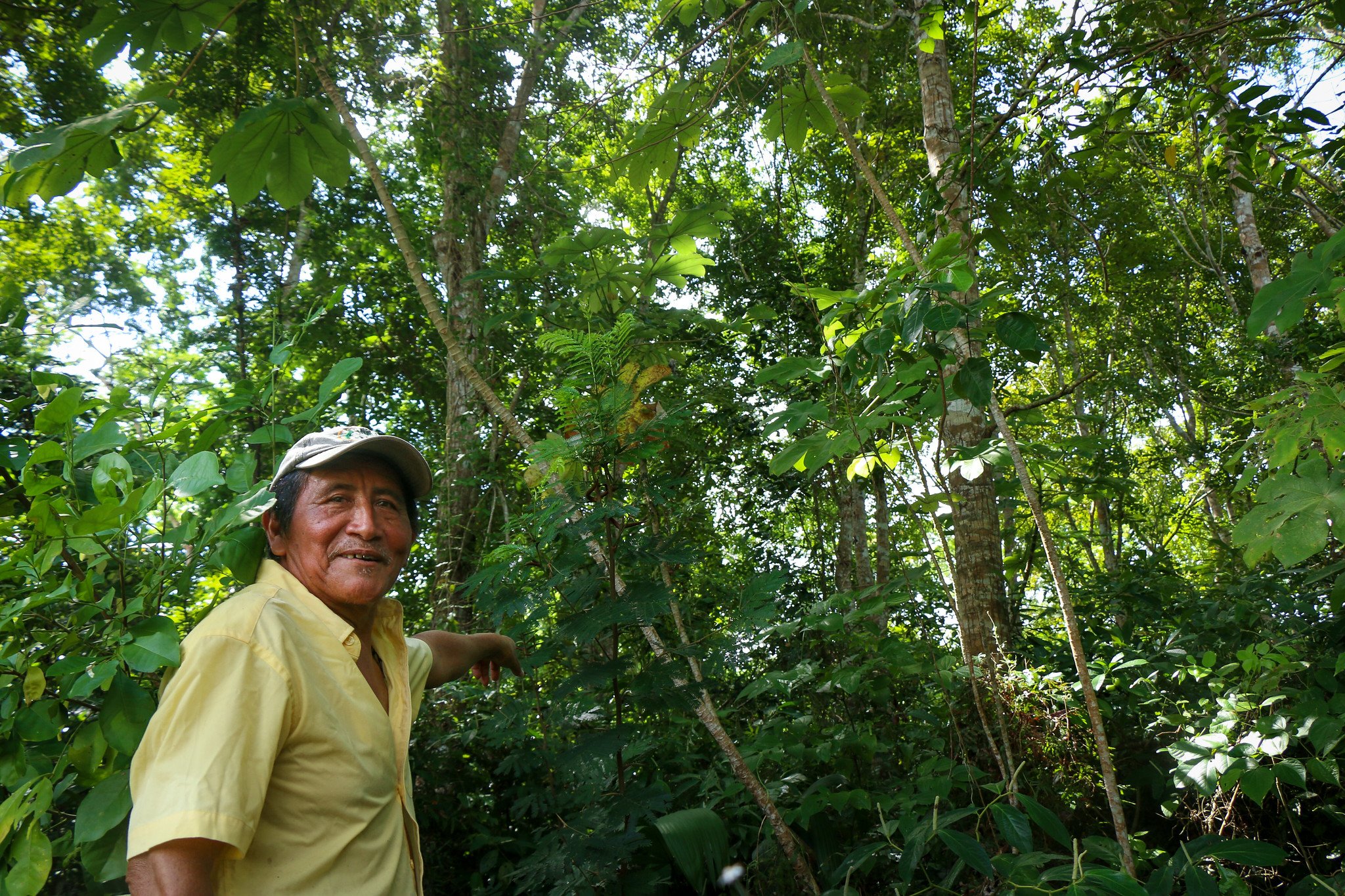
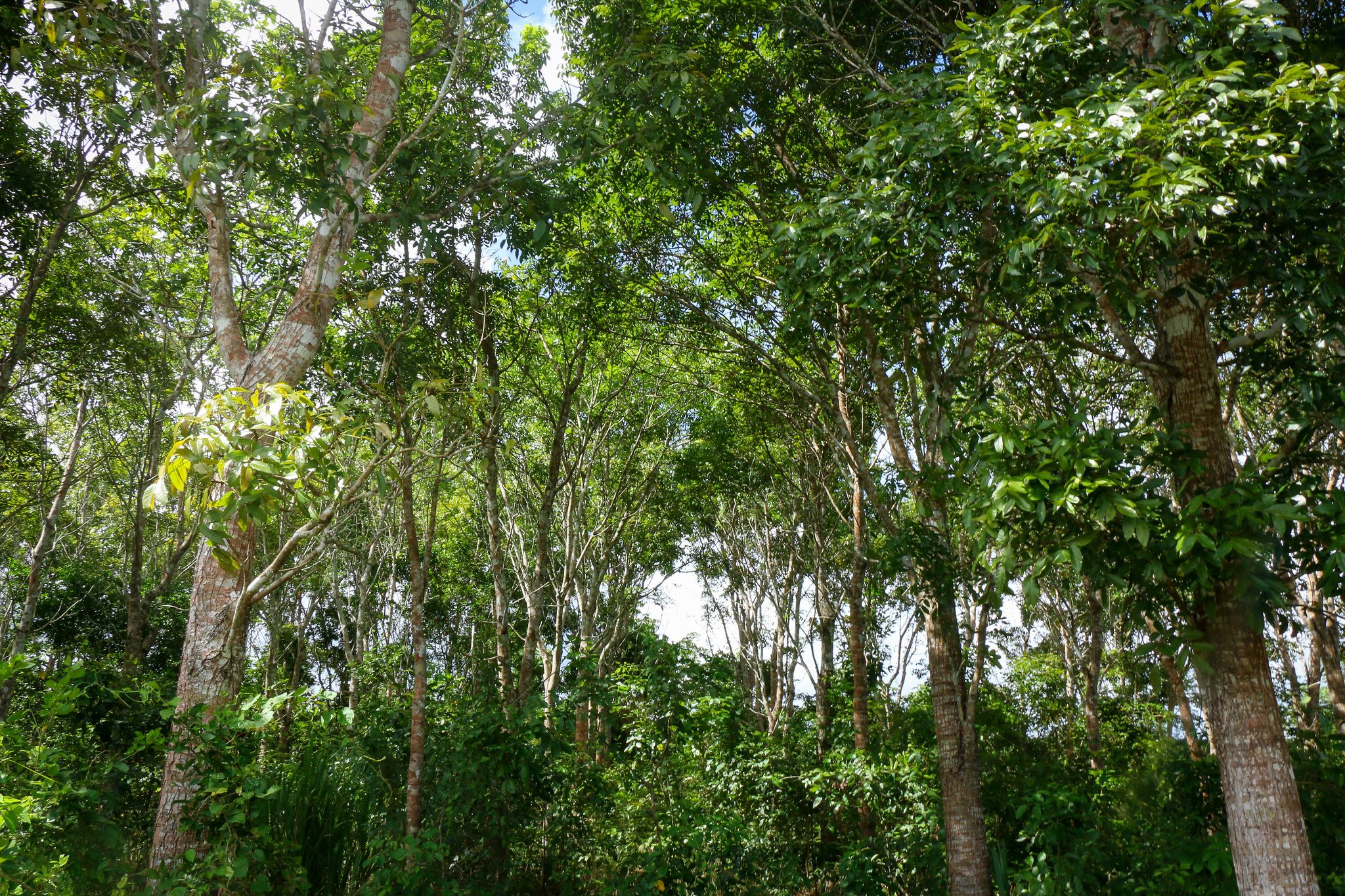
“With climate change, a lot of forests have been depleted. If you look around, you will seldom see forests. It’s mostly cane fields all around. I decided that at the same time [as farming], I should try to alleviate this situation of climate change. We need fresh air. We need oxygen.”
A CHANGING CULTURE
In northern Belize, sugar is king. Sugar accounts for nearly 40% of Belize’s exports and the sector employs an estimated 15% of the country’s entire population. Cane fields stretch in every direction, as far as the eye can see. Without a doubt, sugar is big business… at least for some.
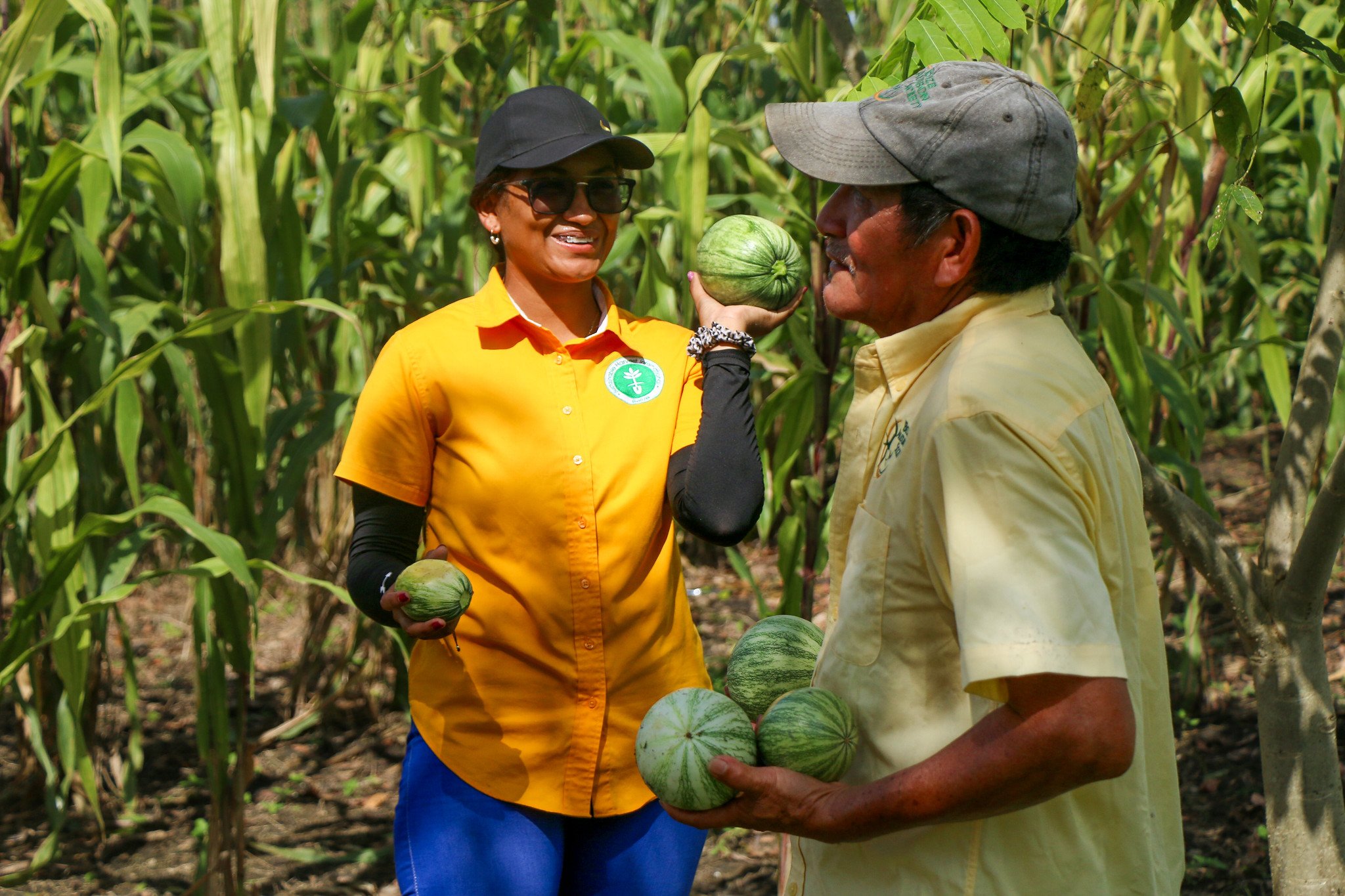
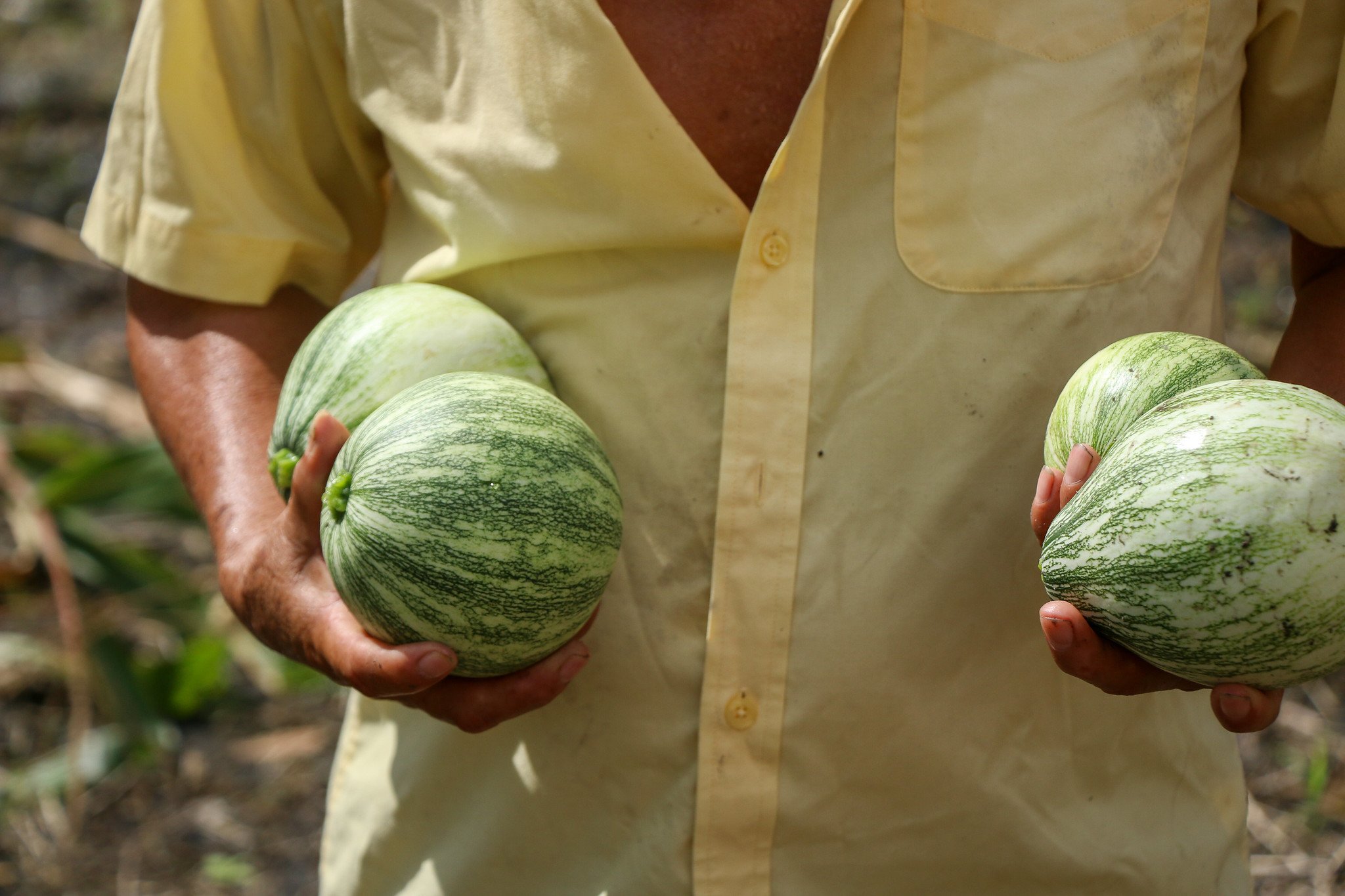
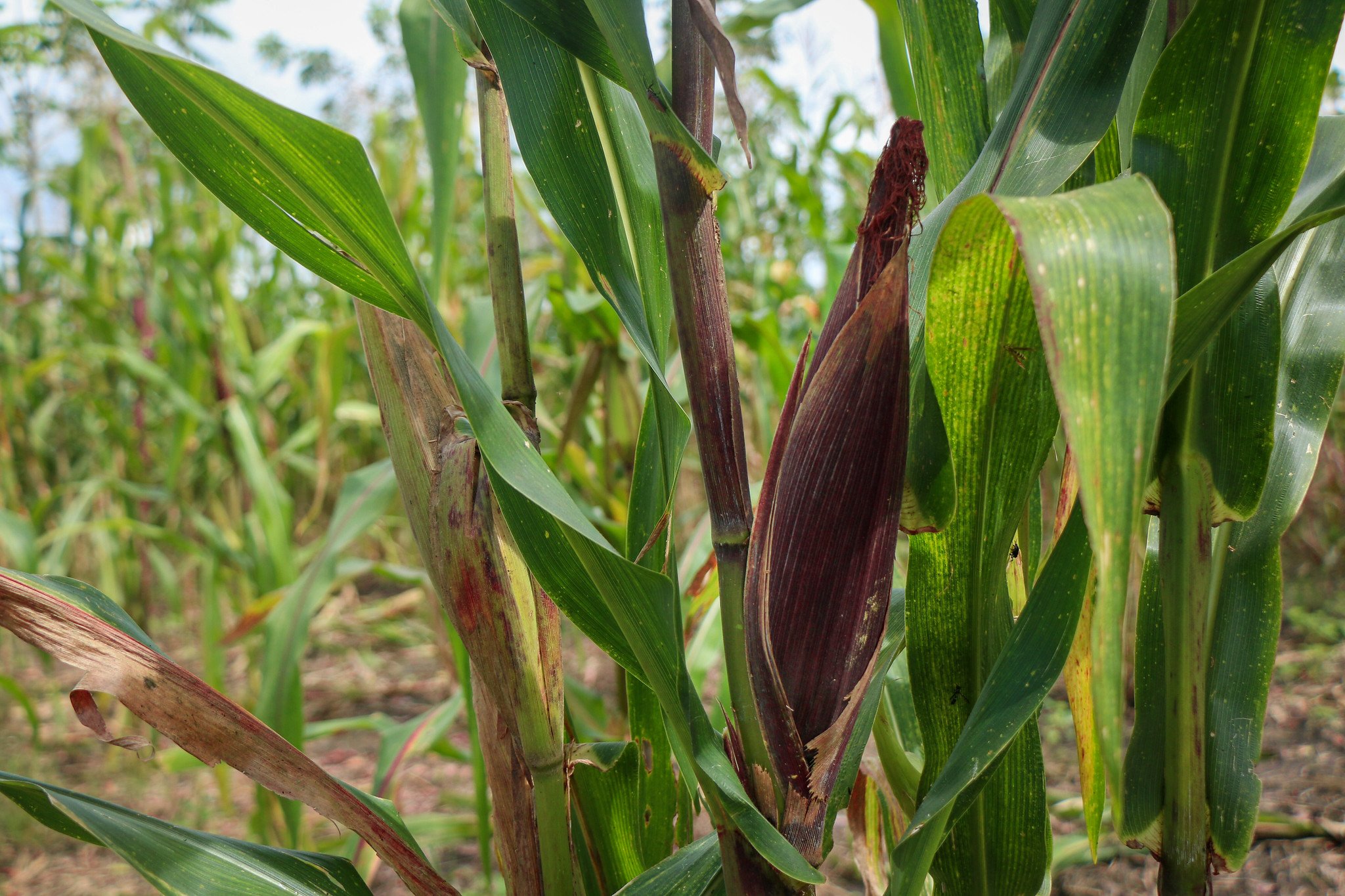
But for many small scale farmers, sugar is a losing prospect. Between the cost of transportation and the cost of pesticide to keep the froghopper blight at bay, farmers’ profit margins seem slimmer and slimmer every year.
Monoculture, chemical-dependent sugar is terrible for the environment, too.
Even so, sugar remains ingrained in the local culture, and change can often be a scary prospect, but less so when you have the right support and technical training. As trusted neighbors, friends, and family start adopting new practices and succeeding, well that’s a whole new game.
